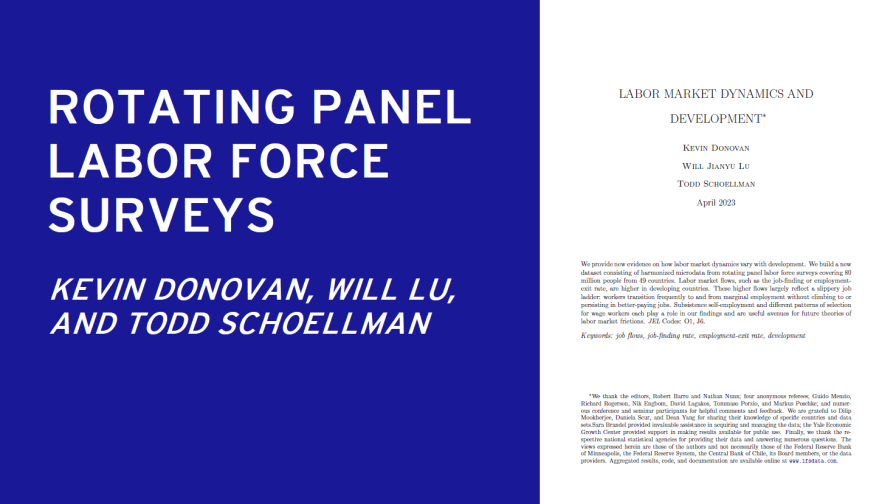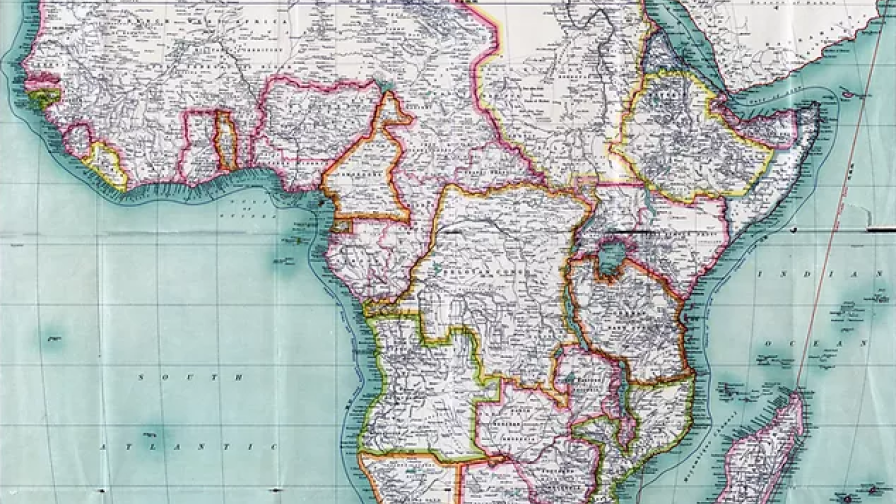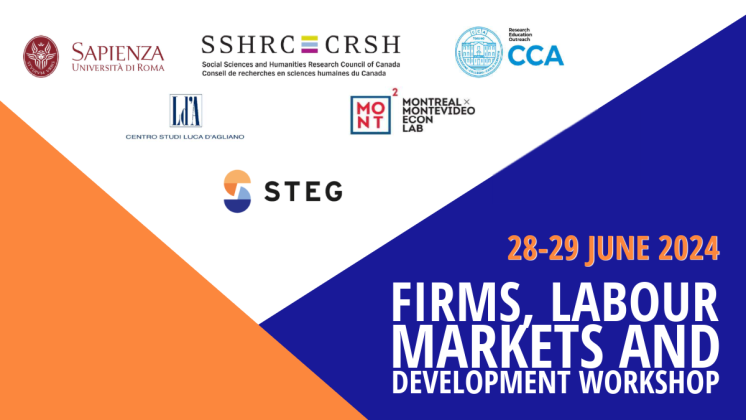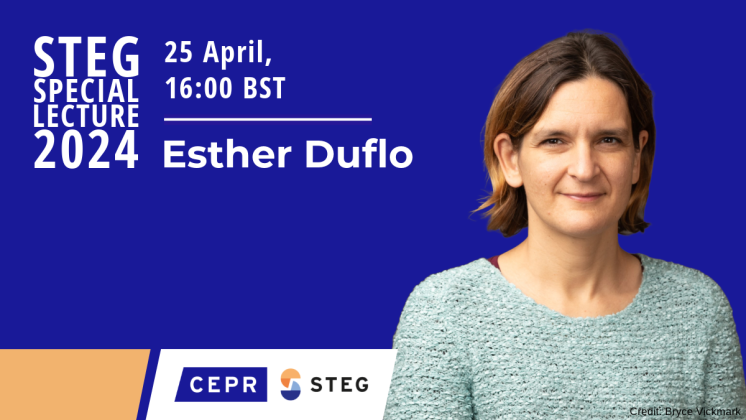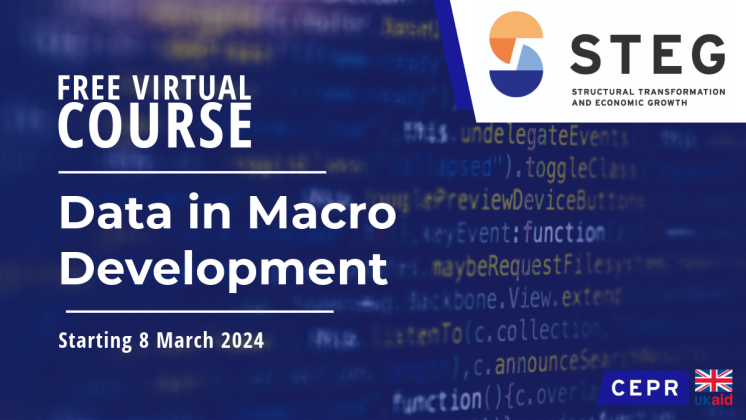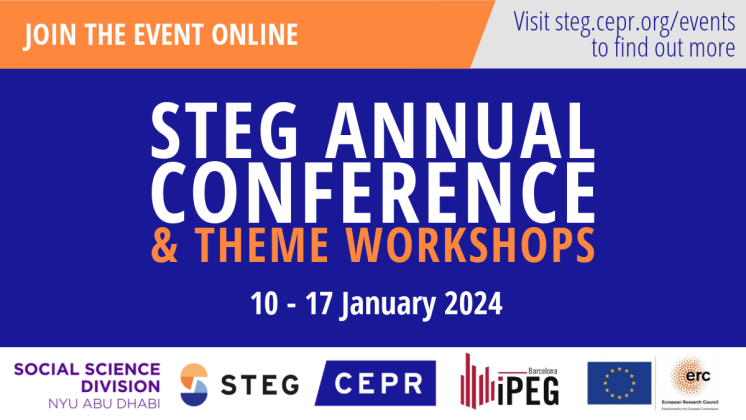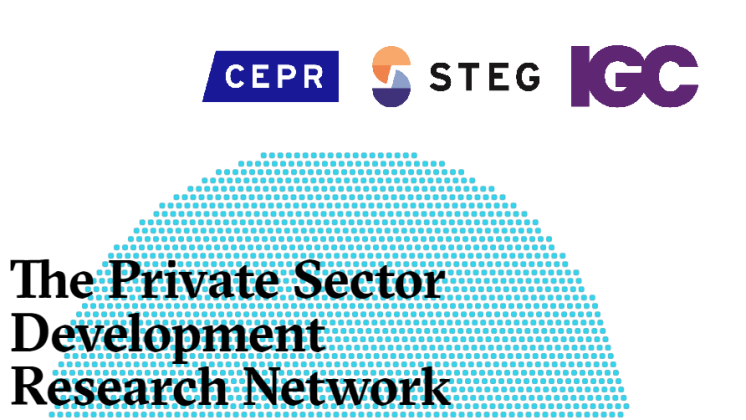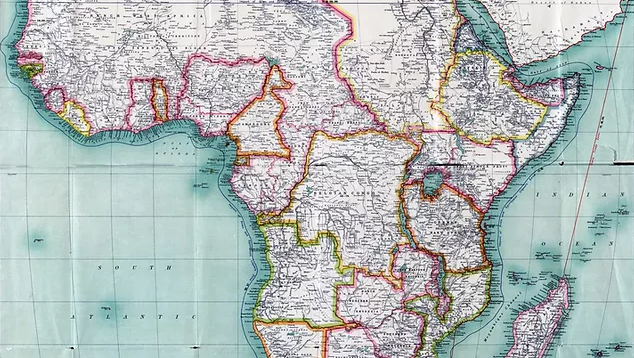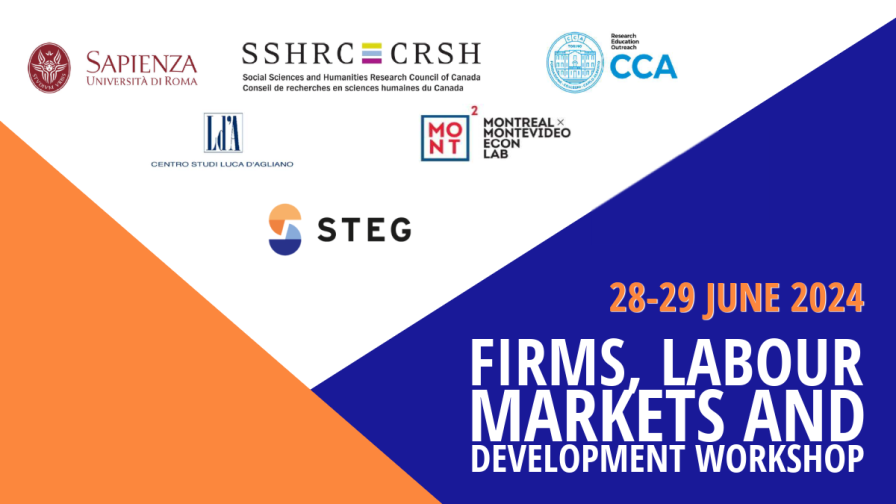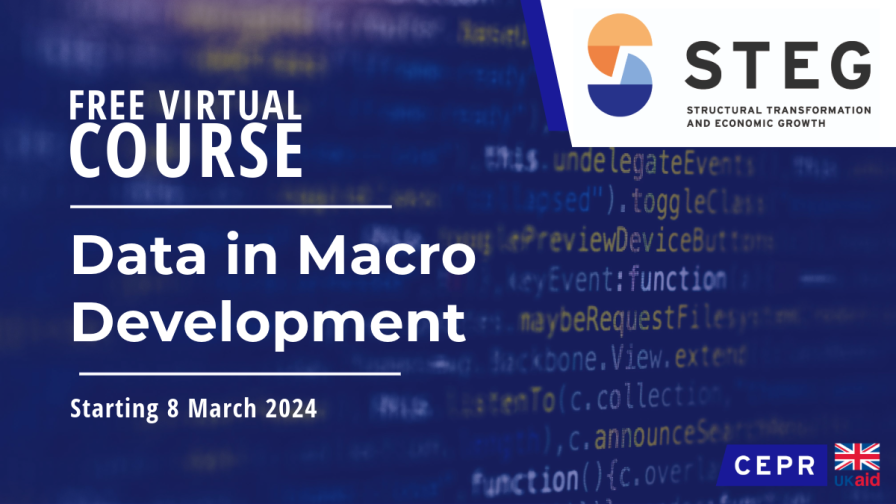These workshops will take place in-person at Universitat Pompeu Fabra, campus Ciutadella, between Monday 15 January and Wednesday 17 January 2024 as part of STEG's Annual Conference Week. Workshops 3 and 4 are funded by the European Research Council (ERC)-Institute of Political Economy and Governance (IPEG).
- For more information on the plenary session in Abu Dhabi, visit: STEG Annual Conference 2024, Abu Dhabi
- For more on the Theme Workshops taking place in Abu Dhabi, visit: STEG Theme Workshops 2024, Abu Dhabi
Theme 3: Agricultural productivity and sectoral gaps and Theme 4: Trade and spatial frictions
Monday 15 - Tuesday 16, January 2024
Hosted by the Institute of Political Economy and Governance (IPEG) at Universitat Pompeu Fabra (UPF), Ciutadella Campus.
Theme leaders and workshops organizers: Costas Arkolakis (Yale University), Paula Bustos (UPF, IPEG and CEPR), Julieta Caunedo (Cornell University and CEPR), Kevin Donovan (Yale School of Management)
Monday, 15 January
10:30 - Yuhei Miyauchi (Boston University) A Sufficient Statistics Approach for Endogenous Production Networks: Theory and Evidence from Ukraine's War (with Vasily Korovkin and Alexey Makarin) Discussant: Costas Arkolakis (Yale University)
11:30 - Manuel García Santana (Universitat Pompeu Fabra, World Bank and CEPR) Understanding Home Bias in Procurement: Evidence from National and Subnational Governments (with Marta Santamaría) Discussant: Isabelle Mejean (Sciences Po and CEPR)
12:30 - Lunch
14:00 - Federica Coelli (University of Zurich and CEPR) Educating like China Discussant: Federico Rossi (University of Warwick)
15:00 - Dennis Novy (University of Warwick and CEPR) Urban-Biased Structural Change (with Natalie Chen, Carlo Perroni and Horng Chern Wong) Discussant: David Nagy (CREI and CEPR)
16:00 - Break
16:30 - Jacopo Ponticelli (Kellogg School of Management-Northwestern University and CEPR) The Effects of Climate Change on Labor and Capital Reallocation (with Christoph Albert and Paula Bustos) Discussant: Yuan Tian (University of Nottingham)
19:00 - Dinner
Tuesday, 16 January
9:00 - Kristina Manysheva (Columbia Business School) Persistence of Inequality after Apartheid: Assessing the Role of Geography and Skills (with Martí Mestieri and Johanna Schauer) Discussant: Marc Teignier Baqué (Universitat de Barcelona)
10:00 - Joan Monras (Federal Reserve Bank of San Francisco and CEPR) Floating Population: Migration with(out) Family and the Spatial Distribution of Economic Activity (with Clément Imbert, Marlon Seror and Yanos Zylberberg) Discussant: Elisa Giannone (CREI and CEPR)
11:00 - Break
11:30 - Xiaodong Zhu (University of Hong Kong) Migration Costs, Sorting, and the Agricultural Productivity Gap (with Qingen Gai, Naijia Guo,
Bingjing Li and Qinghua Shi) Discussant: Josep Pijoan-Mas (CEMFI and CEPR)
12:30 - Lunch
14:00 - Diego Restuccia (University of Toronto) Distortions, Producer Dynamics, and Aggregate Productivity: A General Equilibrium Analysis (with Stephen Ayerst and Loren Brandt)
Discussant: Johannes Boehm (Sciences Po and CEPR)
15:00 - Binta Zahra Diop (King Center on Global Development, Stanford University) Upgrade or Migrate: The Consequences of Input Subsidies on Household Labor Allocation Discussant: Kevin Donovan (Yale School of Management)
16:00 - Break
16:30 - Todd Schoellman (Federal Reserve Bank of Minneapolis) Literacy Skills and Structural Transformation Across Occupations (with Niklas Engbom, Hampus Malmberg, Tommaso Porzio and Federico Rossi) Discussant: Jan Grobovsek (University of Edinburgh)
19:00 - Dinner
*Time allocation: 35 minutes for presentations, 15 minutes for discussions and 10 minutes for Q&As.
*This event is funded by the European Research Council (ERC) under the European Union’s Horizon 2020 research and innovation programme. Grant agreement No. 716388, coordinated by the Institute of Political Economy and Governance (IPEG).
Theme 5: Political Economy and Public Investment
Wednesday, 17 January 2024
Theme leaders and workshop organisers: Leonard Wantchekon (Princeton University)
9:30 - Shan Aman-Rana - “Bureaucratic Deliberation and Performance: Evidence from a Field Experiment in Benin”, University of Virginia (with Leonard Wantchekon and Lazare Kovo) Discussant: Gerard Padró-i-Miquel (Yale University and CEPR)
10:30 - Irma Clots Figueras - “Climate Change and Political Participation: Evidence from India”, University of Kent (with Amrit Amirapu and Juan Pablo Rud) Discussant: Giacomo Ponzetto (CREI and CEPR)
11:30 -Break
12:00 - Gianmarco León-Ciliotta - “Policy-Making, Trust and the Demand for Public Services: Evidence from a Mass Sterilizations Campaign”, Pompeu Fabra University and CEPR(with Dijana Zejcirovic and Fernando Fernandez) Discussant: Judit Vall (Universitat de Barcelona, IEB)
13:00 -Lunch
14:00 - Silvia Vannutelli “Government Audits”, Northwestern University (with Martina Cuneo and Jetson Leder-Luis) Discussant: Albert Solé-Ollé (University of Barcelona, IEB)
15:00 - David Yang - Keynote Lecture on “Exporting the Surveillance State via Trade in AI”, Harvard University (with Martin Beraja, Andrew Kao, and Noam Yuchtma)
If you have been selected and are having any difficulties registering for this conference, please contact Mandy Chan, Head of Events, at [email protected].



